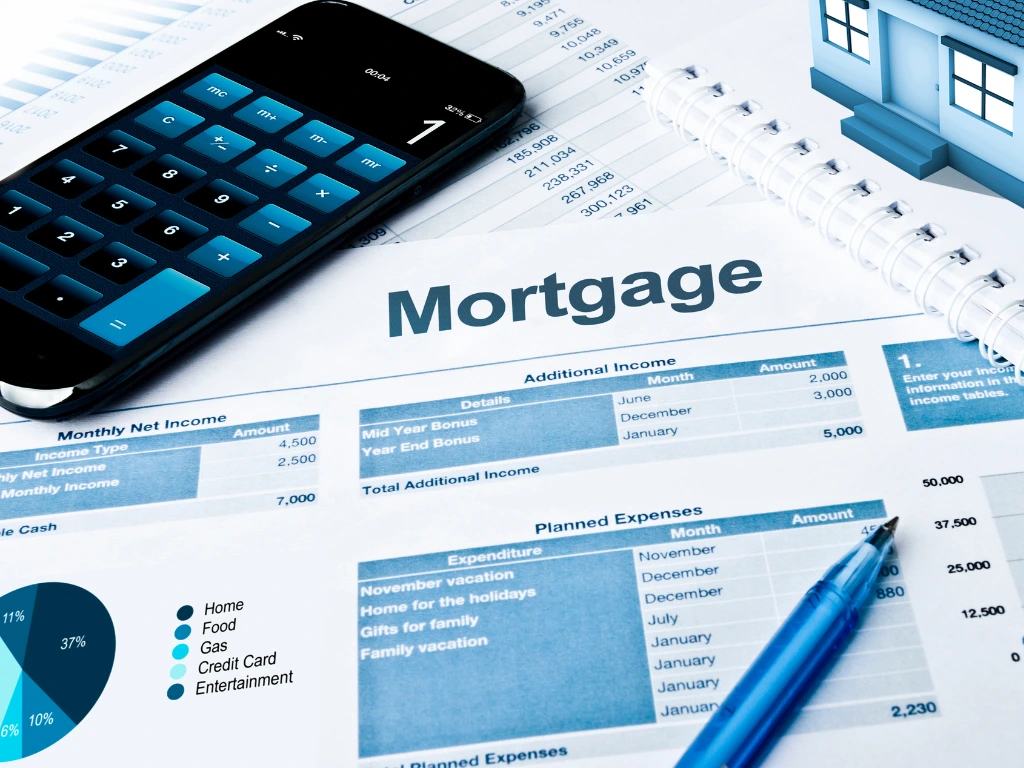- List your property - it's free
- Sign up or Log in
-
English- en
-
THB - ฿
- Buy
- Thailand Property For Sale
- Thailand Real Estate
- See Newest Listings
- Why Buy with FazWaz
- Rent
- Sell
- Projects
- Advice
- Property Management
- Vacation Rental Management
- Join Us We're Hiring!



